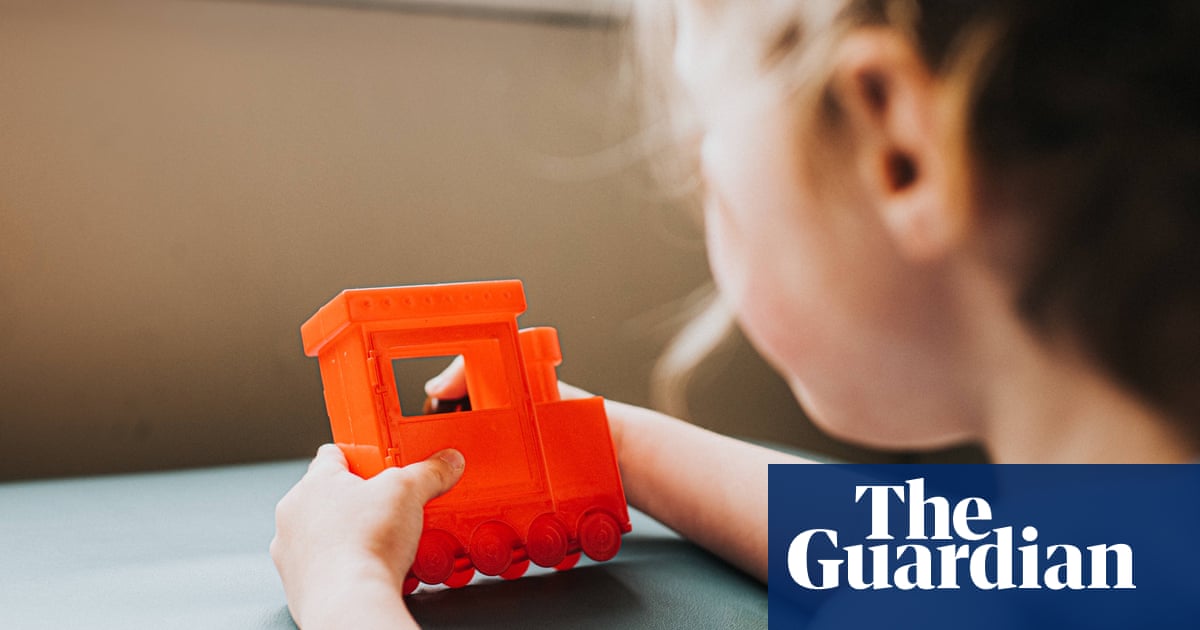Studies find red, blue and green plastic decomposes into microplastic particles faster than plainer colours
Retailers are being urged to stop making everyday products such as drinks bottles, outdoor furniture and toys out of brightly coloured plastic after researchers found it degrades into microplastics faster than plainer colours.
Red, blue and green plastic became “very brittle and fragmented”, while black, white and silver samples were “largely unaffected” over a three-year period, according to the findings of the University of Leicester-led project.
The scale of environmental pollution caused by plastic waste means that microplastics, or tiny plastic particles, are everywhere. Indeed, they were recently found in human testicles, with scientists suggesting a possible link to declining sperm counts in men.



I can imagine trying to push this and Marketing going, “No thanks, that doesn’t look good.” And that’d be the end of it.
I could see them putting out some feelgood but meaningless press release about how they will look for new, greener sources of brightly colored plastic in the future.
“Compostable plastic” (that needs an industrial sized composter with heat regulation to fully degrade and isn’t available everywhere)